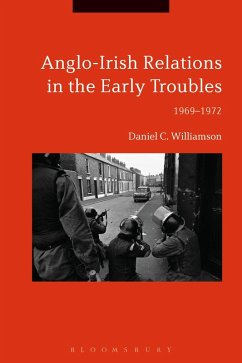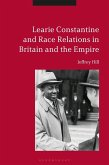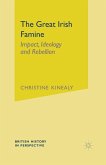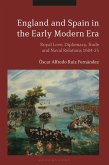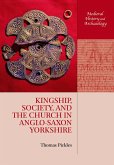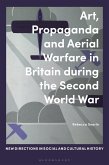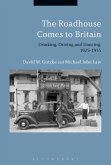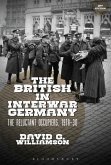In 1969 the once peaceful Catholic civil rights movement in Northern Ireland degenerated into widespread violence between the nationalist and unionist communities. The conflict, known as the Troubles, would last for thirty years.
The early years of the Troubles helped to define the nature of the conflict for years to come. This was the period in which unionism divided into moderate and extreme wings; the Provisional IRA emerged amidst the resurgence of violent republicanism; and British military and governmental responsibility for Northern Ireland culminated in direct rule.
Based on extensive research in British, Irish and American archives, Anglo-Irish Relations in the Early Troubles examines the diplomatic relationship between the key players in the formative years of the Northern Ireland conflict. It analyses how the Irish government attempted to influence British policy regarding Northern Ireland and how Britain sought to affect Dublin's response to the crisis. It was from this strained relationship of opposition and co-operation that the long-term shape of the Troubles emerged.
The early years of the Troubles helped to define the nature of the conflict for years to come. This was the period in which unionism divided into moderate and extreme wings; the Provisional IRA emerged amidst the resurgence of violent republicanism; and British military and governmental responsibility for Northern Ireland culminated in direct rule.
Based on extensive research in British, Irish and American archives, Anglo-Irish Relations in the Early Troubles examines the diplomatic relationship between the key players in the formative years of the Northern Ireland conflict. It analyses how the Irish government attempted to influence British policy regarding Northern Ireland and how Britain sought to affect Dublin's response to the crisis. It was from this strained relationship of opposition and co-operation that the long-term shape of the Troubles emerged.

